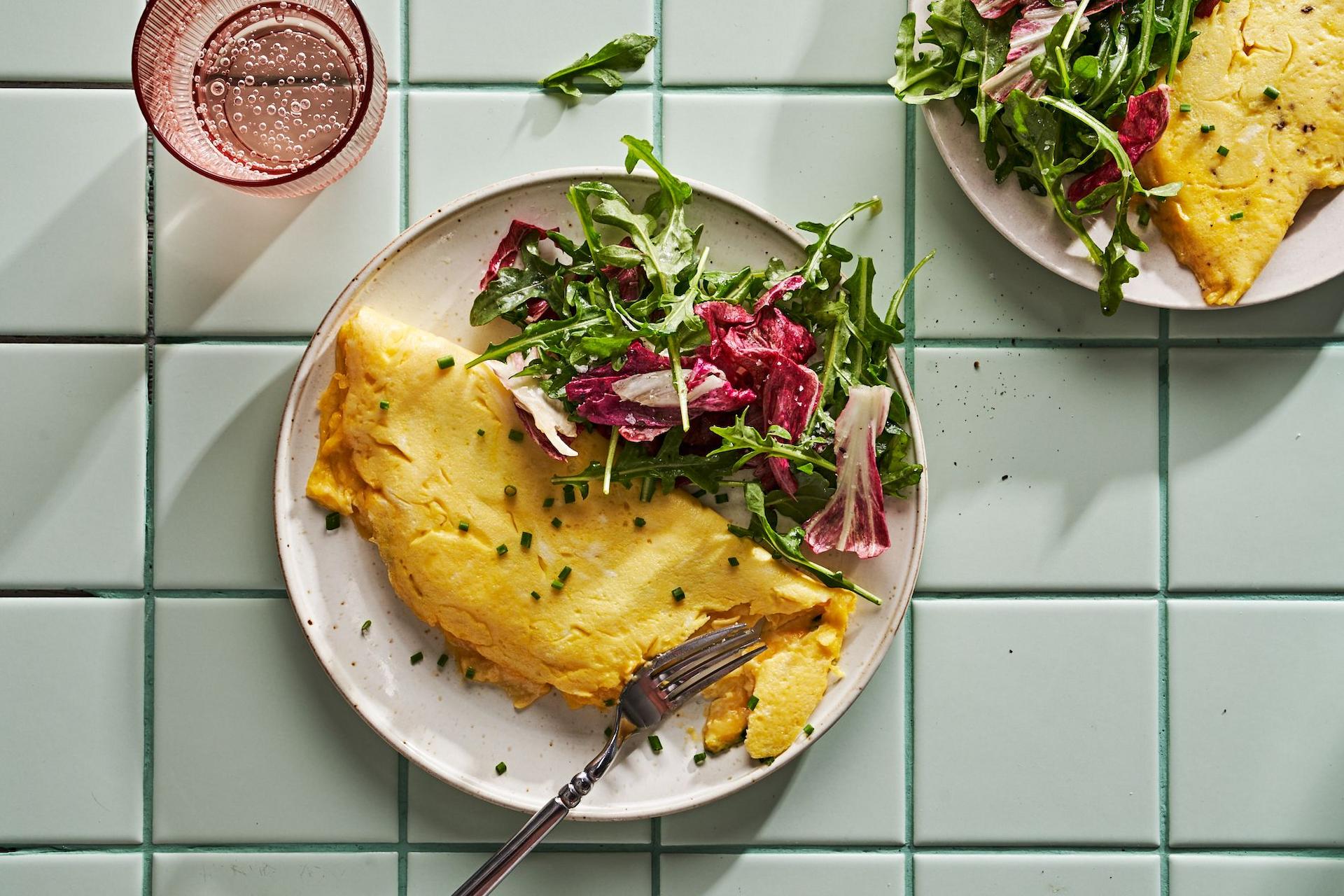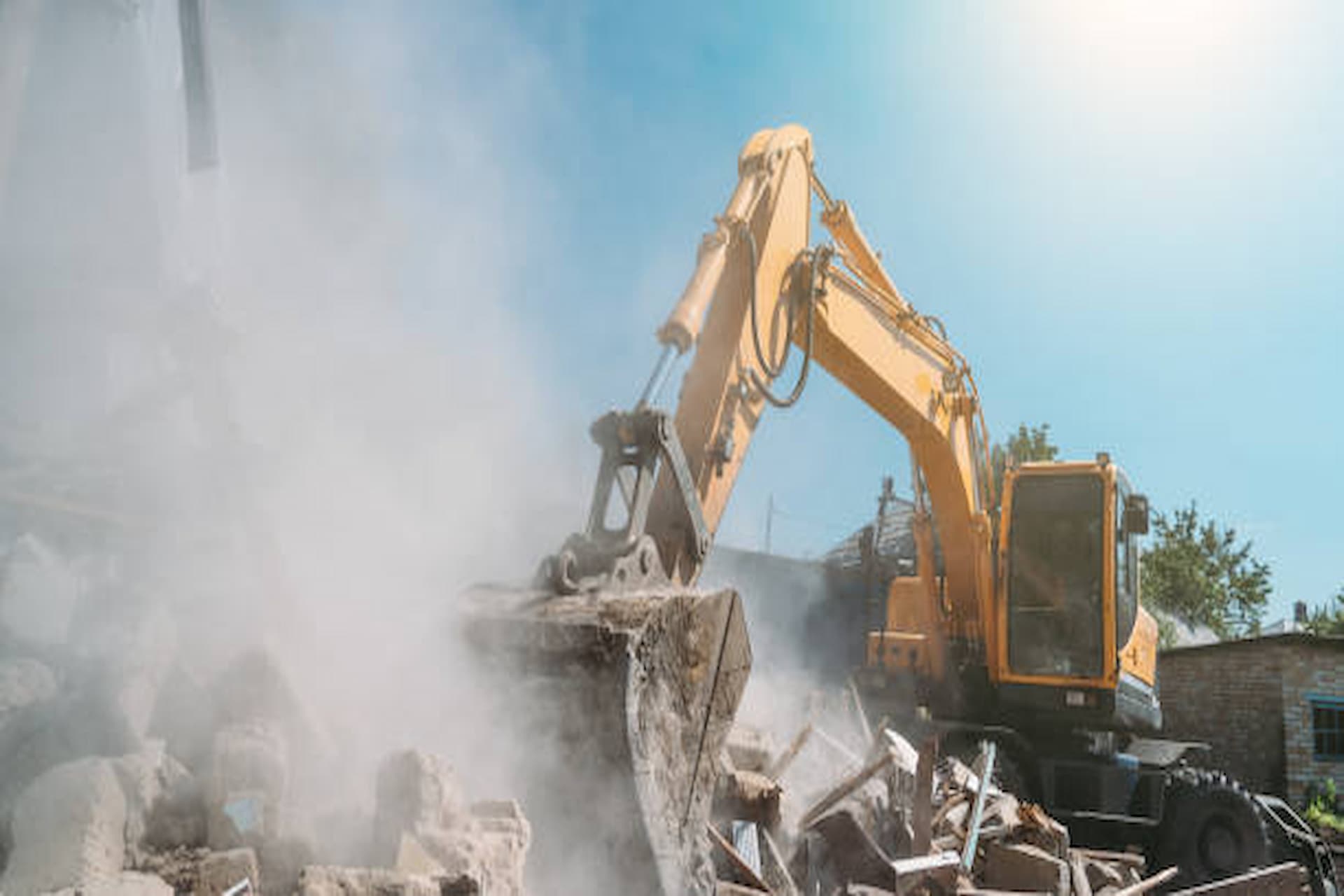In our bustling modern world, takeaway coffee cups have become synonymous with convenience. However, their ubiquitous presence poses a significant environmental challenge due to their largely non-recyclable nature. This article delves into the impact of takeaway coffee cups on our environment and explores innovative solutions to make them more sustainable.
Understanding the Issue
Takeaway coffee cups, often made from a combination of paper and a thin layer of plastic (polyethene), are relatively easy to recycle. While essential for insulating the hot beverage and preventing leakage, this composite material poses a recycling dilemma. Traditional recycling facilities find it challenging to separate and process these mixed materials efficiently, resulting in most cups ending up in landfills or incinerators.
The Environmental Toll: Disposable coffee cups have a profound environmental impact. Each year, billions of these cups are discarded globally, contributing to overflowing landfills and adding to carbon emissions when incinerated. The plastic component further exacerbates the issue by persisting in the environment for hundreds of years, posing risks to wildlife and ecosystems.
Innovations in Sustainability
To combat this issue, various innovations are emerging in the coffee industry. One promising approach is the development of fully recyclable or compostable coffee cups. These alternatives use plant-based plastics or certified compostable polymers that can break into non-toxic components under specific conditions, offering a more eco-friendly end-of-life scenario.
Some cafes also encourage customers to use reusable cups through discounts or loyalty programs. This simple change reduces waste and promotes a shift towards more sustainable consumer behaviour.
Consumer Awareness and Action: Education and awareness are crucial in tackling the takeaway coffee cup problem. Many consumers must be aware of the recyclability issues surrounding these cups. By educating the public about proper disposal methods and promoting reusable options, cafes and environmental organisations can empower individuals to make greener choices.
The Role of Policy and Industry Collaboration: Government regulations and industry initiatives also significantly impact the sustainability of takeaway coffee cups. Countries like Australia and the UK have introduced policies to reduce single-use plastics, prompting cafes to seek alternatives. Furthermore, collaboration across the supply chain—from cup manufacturers to coffee shops and waste management companies—is essential for driving meaningful change.
Embracing Eco-Friendly Alternatives: As awareness grows, so does the demand for eco-friendly alternatives to traditional takeaway coffee cups. Many coffee shops and chains respond by switching to cups made from sustainable materials such as bamboo, sugarcane pulp, or recycled paper. These materials offer comparable functionality to traditional cups but with a significantly reduced environmental footprint.
The Importance of Proper Disposal: Even with advancements in cup materials, proper disposal remains crucial. Many compostable cups, such as those used in industrial composting facilities, require specific conditions to break down effectively. Consumers should check with their local waste management guidelines to ensure these cups are in the right place for composting rather than contaminating recycling streams or ending up in landfills.
Cultural Shifts and Consumer Behavior: Changing consumer behaviour is critical to achieving long-term sustainability in the coffee industry. Encouraging reusable cup use through incentives and education reduces waste and fosters a culture of environmental responsibility. Initiatives like “bring your own cup” campaigns and discounts for reusable cups are gaining traction, encouraging customers to make greener choices without sacrificing convenience.
Challenges and Opportunities
Challenges remain while progress has been made in the quest for sustainable takeaway coffee cups. Scaling up the production of eco-friendly alternatives, ensuring widespread access to recycling and composting facilities, and overcoming consumer habits must be addressed collectively.
Nevertheless, these challenges also create avenues for innovation and cooperation. From advancements in cup design to community-driven initiatives, the journey towards greener takeaway coffee cups is one of continuous improvement and shared responsibility.
Conclusion
As consumers, businesses, and policymakers recognise the environmental impact of takeaway coffee cups, the momentum towards sustainable alternatives is growing. By supporting recyclable materials, promoting reusable options, and advocating for policy changes, we can all contribute to reducing waste and preserving our planet for future generations. While takeaway coffee cups offer convenience, their environmental cost is steep. By embracing sustainable practices and innovative solutions, we can ensure that our daily coffee habit aligns with our commitment to a greener, healthier planet.
Read more: https://colvilleblogger.com/strategies-for-small-business-success-with-business-coaching/




